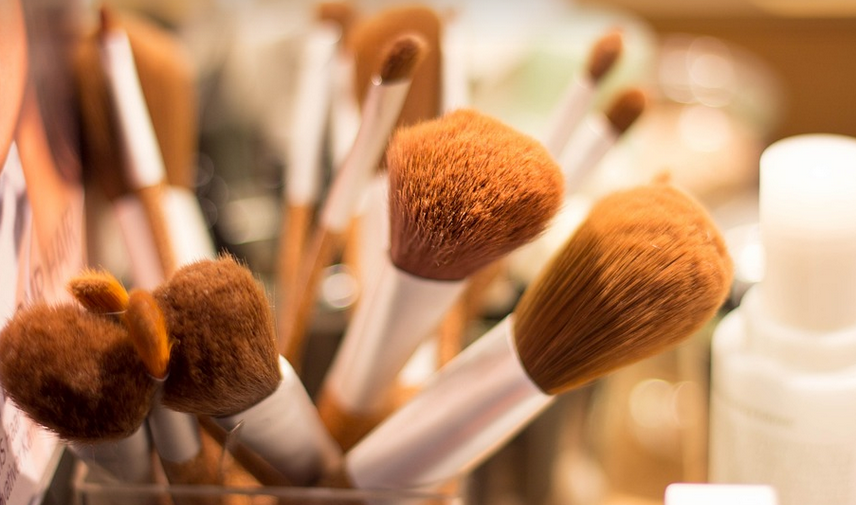Why You Need Them & What to Consider
Working on your car can be an awesome experience, getting hands-on with the mechanics of things that keep you moving. However, underneath all the cool gadgets and DIY spirit, there’s a real need for proper protection – especially when dealing with engine oil, grease, grime, and potentially dangerous tools. This is where gloves come in.
But choosing the right pair of car repair gloves isn’t just about being cozy; it’s also about safety and efficiency. Investing in good gloves can save you time, frustration, and even potential injury.
Types of Car Repair Gloves: A Breakdown
When thinking about car repair gloves, there are two main categories:
-
General purpose gloves. These offer a solid balance between protection and dexterity.
-
Thickwork gloves. These gloves are designed to handle more demanding tasks like working with heavy tools or welding materials.
Let’s delve into each category for a closer look:
General Purpose Gloves
A general-purpose pair of car repair gloves will often be made from durable materials, such as leather or synthetic blends. These gloves are designed to offer protection against grease, oil, grime, and other everyday mess.
-
Leather: Leather is a classic choice for car repair gloves because it’s strong, flexible, and can handle rough conditions.
-
Synthetic blends: A common option in the market today, these blends use polyester or other fibers to create gloves that are less expensive than leather but still offer decent protection. They often boast good dexterity.
Look for features like:
-
Waterproof: Good for preventing moisture from getting into your hands and causing discomfort or even rust in sensitive areas.
-
Cuff design: A snug fit around the wrist to keep dirt and debris out.
-
Abrasion resistant: Essential for handling tools that could scratch your hands.
-
Heavy leather: Leather is the go-to choice for thick work gloves due to its durability and ability to withstand extreme conditions.
-
Kevlar or Cordura: These synthetic fibers offer excellent protection against impacts and abrasion, making them ideal for demanding tasks.
-
Wash after every use: Use a gentle detergent to clean your gloves and let them air dry naturally.
-
Storage: Store your gloves in a cool, dry place away from direct sunlight or heat.
-
Check for wear: If any parts of the glove show signs of damage, replace them to maintain their protective quality.
Thick Work Gloves
For those who regularly work with hot materials or heavy machinery, thick work gloves are a must-have. These robust gloves offer protection against burns, cuts, and punctures.
Picking the Right Gloves: What Factors to Consider
Choosing the right gloves is vital. Here’s what you should consider:
* **Type of Work:** Do you mainly work on engine maintenance, electrical repairs or heavy machinery? Your tasks will determine the level of protection needed. * **Material Choice:** Leather is a classic choice for its durability and flexibility, but synthetic gloves can be more affordable and lightweight. * **Fit and Comfort:** Gloves should fit snugly without being too tight. You want them to provide warmth and comfort while working on your car. * **Protection Level:** The level of protection you need depends on the type of work you’re doing. For instance, thick gloves are essential for welding and heavy machinery, while general purpose gloves are sufficient for standard maintenance tasks. * **Budget:** Consider what you can afford without sacrificing quality.
Taking Care of Your Gloves
Proper care helps your gloves last longer and maintain their effectiveness:
Gloves are Essential for Any Car Enthusiast
From basic maintenance tasks to more complex repairs, gloves offer essential protection and comfort. Choosing the right pair of car repair gloves can significantly enhance your experience while working on your vehicle, saving time, frustration, and potentially even injury.
So next time you’re tackling a project in your garage, remember to put on a good pair of gloves first.
